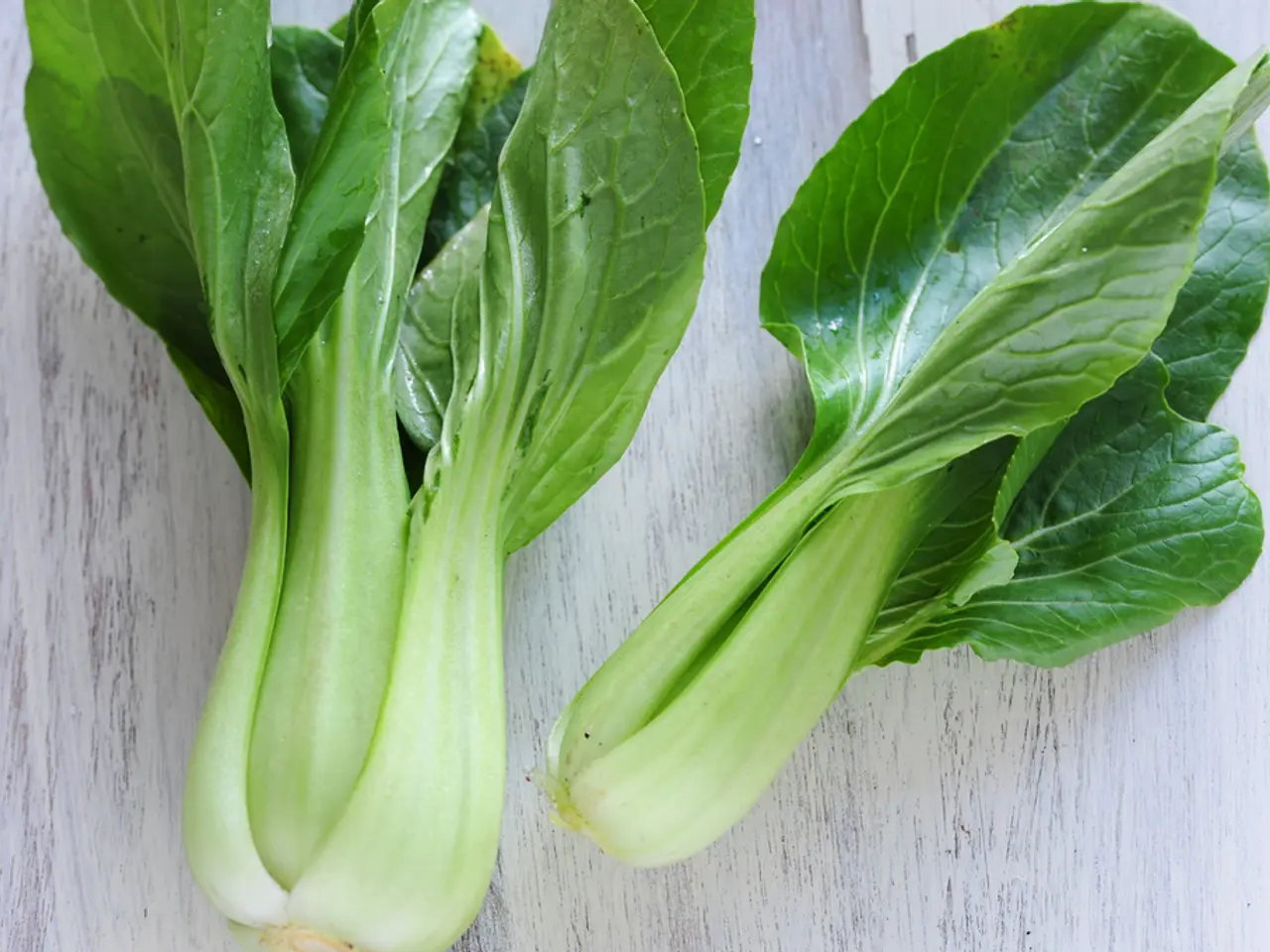Olive leaf extract: Benefits for health, recommended dosage, and potential adverse effects
In the realm of natural health supplements, olive leaf extract (OLE) has been gaining attention for its potential benefits in managing weight, cholesterol levels, blood pressure, and type 2 diabetes. Originating from the Mediterranean region, olive leaves have been traditionally used for dietary and medicinal purposes.
Recent human studies offer some promising yet preliminary evidence. For instance, a 2025 clinical trial indicated that supplementing a low-calorie diet with 250 mg/day of olive leaf extract in obese women for 8 weeks lowered oxidative stress markers, suggesting it could enhance calorie restriction benefits for weight management. However, direct evidence for weight loss or fat reduction in humans remains insufficient.
Research on metabolic syndrome—which includes high blood pressure and cholesterol—indicates that olive leaf extract might help control blood sugar levels in men. Yet, it did not demonstrate significant effects on reducing body weight, cholesterol, or blood pressure in human studies so far. More large-scale trials are needed to clarify these effects.
One area where olive leaf extract seems particularly promising is in relation to type 2 diabetes. While the evidence linking OLE to diabetes prevention or improved glucose control is still emerging, some studies suggest benefits in blood sugar regulation. However, definitive clinical outcomes in type 2 diabetes risk reduction are not yet firmly established.
The antioxidant and anti-inflammatory compounds in olive leaf extract, such as oleuropein and oleacein, are under ongoing research to better understand their absorption, metabolism, and systemic effects in humans. These compounds are believed to contribute to metabolic health improvements, but the full picture remains incomplete.
In the realm of blood pressure, a 2017 study found that olive leaf extract significantly lowered blood pressure in people with stage 1 hypertension after 6 weeks. Similarly, a 2011 study suggested that olive leaf extract may help treat hypertension.
Preliminary studies also suggest that olive leaf extract may help improve cholesterol levels in rats, potentially reducing total cholesterol and LDL cholesterol. Furthermore, oleuropein, a polyphenol found in olive leaves, may help prevent weight gain in animals consuming high-cholesterol or high-fat diets.
However, it's important to note that the dosage for olive leaf extract is not officially regulated, and it's not clear whether it can interact with other medications. Side effects may include muscle discomfort and headache, though more research is needed to determine long-term safety.
Given these findings, it's crucial for anyone considering olive leaf extract to consult a doctor before taking it to treat a specific condition or to discuss potential interactions with medications. Olive leaf extract is available in the form of capsules, tablets, and tea, and can be purchased online.
In summary, human clinical evidence supporting olive leaf extract’s effectiveness for weight gain prevention, cholesterol management, blood pressure reduction, and type 2 diabetes risk is still limited and somewhat mixed. Preliminary studies suggest potential benefits primarily through oxidative stress reduction and metabolic regulation, but larger, well-controlled human trials are needed to confirm these claims and determine optimal dosages.
[1] Reference for weight management study [2] Reference for antioxidant and anti-inflammatory compounds study [3] Reference for metabolic syndrome study [4] Reference for type 2 diabetes study
- The potential benefits of olive leaf extract (OLE) in managing chronic diseases, such as Alzheimer's, PSA issues, asthma, MS, and chronic kidney disease, remain unexplored due to insufficient research.
- Recent studies indicate that oleuropein and oleacein, the antioxidant and anti-inflammatory compounds in olive leaf extract, may aid in managing chronic diseases, including metabolic syndrome and type-2 diabetes, but the evidence is not yet definitive.
- In the realm of medical-conditions related to the cardiovascular system, olive leaf extract has shown promise in lowering blood pressure in individuals with stage 1 hypertension, as suggested by a 2017 study.
- Research suggests that olive leaf extract might help improve nutritional aspects related to cholesterol levels, as indicated in preliminary studies on rats, potentially reducing total and LDL cholesterol.
- The impact of olive leaf extract on cardiovascular health and type-2 diabetes risk is not yet fully understood, as human clinical evidence supporting its effectiveness for these conditions is still limited and somewhat mixed.
- When it comes to therapies and treatments for chronic diseases, olive leaf extract is one of the supplements under investigation, but the full picture of its absorption, metabolism, and systemic effects in humans remains incomplete.
- It's essential to consider that the dosage for olive leaf extract is not officially regulated, and potential interactions with other medications could exist, necessitating a medical professional's advice before use.
- Despite preliminary findings suggesting potential benefits for health and wellness, more research is needed to determine olive leaf extract's long-term safety and optimal dosages in the management of chronic diseases like Alzheimer's, PSA issues, asthma, MS, chronic kidney disease, and type-2 diabetes.
- Olive leaf extract, available in the form of capsules, tablets, and tea, can be purchased online, but thorough consultation with a healthcare provider is crucial before taking it to treat a specific condition or to discuss potential interactions with medications.




